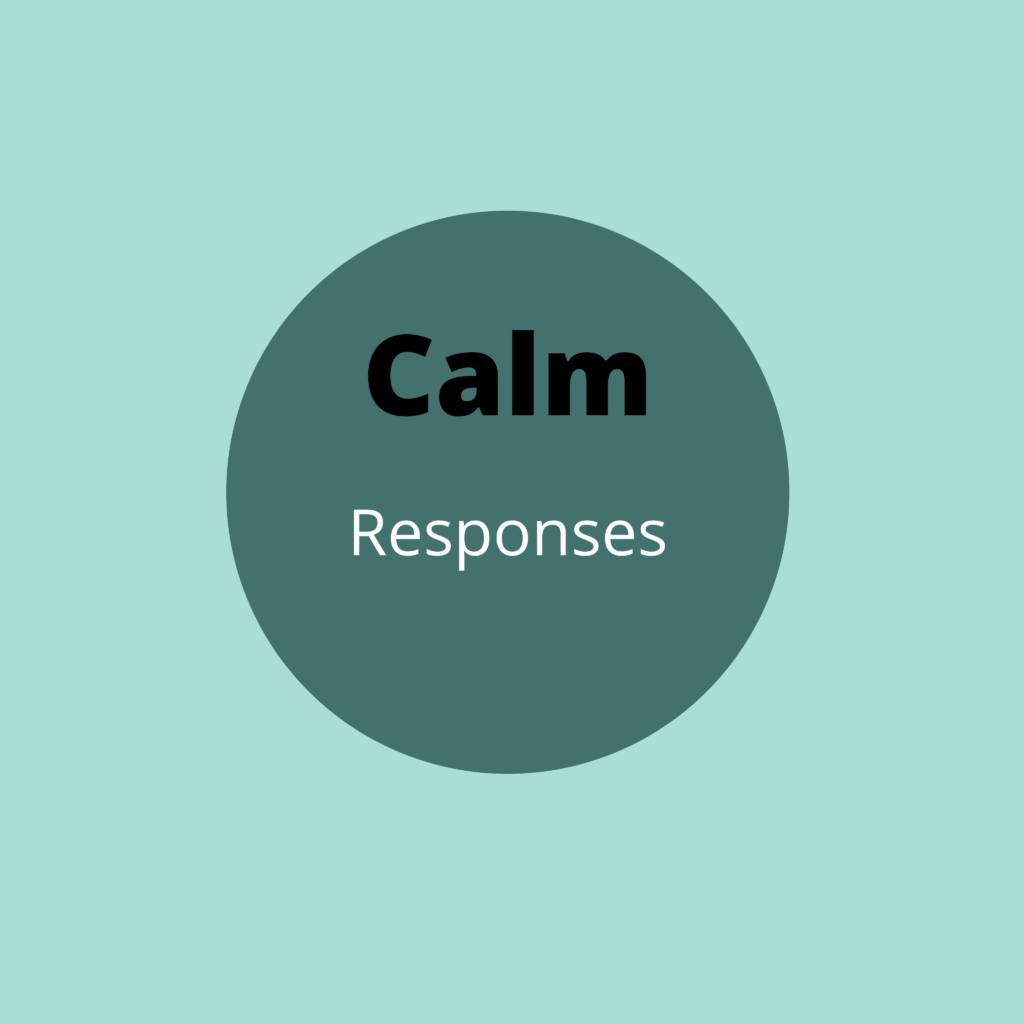‘There’s Fear in the Air’ Series
1. Primary and Secondary Emotions to Fear Control Our Responses
- When fear is the initial response to what is happening, it is called a primary emotion.
- When time has passed and the traumatic event has happened, our response to the way we perceived the situation is called a secondary response.
Why is it important to focus on the type of emotion that is experienced when we respond to a particular situation? The first emotion is an automatic response based on our own individual and unique perception of the situation. The secondary emotion is our response to how we initially reacted. It is a surprising thing; everyone reacts and responds to situations even if it is not apparent that one shows emotions. The body language will reveal a reaction, but importantly, the body systems will always change which reveals a response.
*A primary and then a secondary response will include one or more of these emotions:
- Anger may turn to violence.
- Fear leads to anxiety and panic.
- Grief can change to a form of depression.
- Shock can yield to surprise or wonder.
- Rejection can become contempt, disgust or scorn.
- Guilt can reveal shame or regret.
- Relief increases trust, love and produces joy. *
- Acceptance can translate into joy, kindness and friendship. *
*The last two emotions are positive reactions. They can counter the negative emotions and are included in the primary list of emotions.
2. Understand the Connections Between the Brain and Emotions
“The center of intelligence and emotions is the heart; memory generates learning based on emotions and feelings”.
Aristotle (384 BC–322 BC), in Ancient Greece
Aristotle did not have the right philosophy, but through the ages, men of science built on his foundation both philosophically and then anatomically. The missing pieces were supplied slowly through the years until we now understand the parts of the brain that are responsible for our emotions.
*Even though our emotions are absolutely necessary and naturally inherent to human responses, there is needed more research in neuroscience, behavior and genetics, and more psychological and physiological data to examine. There is not an exact pathway known, but we do know that emotions to situations are connected to our behaviors neurologically.
3. Emotions Can be Controlled and Calmed.

- Healthy eating habits go a long way toward stabilizing a healthy life response. Stay hydrated, eat no chemically contaminated food, and include food with vitamins, minerals and enzymes in balanced quantities in your meals. Avoid foods that destroy your health.
- Avoid toxins and anything that disturbs your normal healthy reactions.
- Regular, restful sleep patterns are essential in preventing the wrong chemical reactions in your brain health that would cause you to respond negatively to stress.
- Exercise! Working hard is not getting exercise. A restful balance of working muscles, work the mind, and provide a healthy body.
- Keep involved in activities that will energize and promote a positive mindset so you will have the reserve and right thinking to deal with everyday situations.
- Calm reduces others stress.
Practice being calm even if you do not feel it – is the best therapy.
*Sources: Anatomizing the Renaissance. [Review of: Carlino A. Books of the body. Anatomical ritual and Renaissance learning. Chicago, University of Chicago Press, 2000; French R. Dissection and vivisection in the European Renaissance. Aldershot and Brookfield, VT, Ashgate, 1999; French R. Ancients and moderns in the medical sciences. From Hippocrates to Harvey. Aldershot and Brookfield, VT, Ashgate, 2000]. Guerrini AEarly Sci Med. 2001; 6(1):35-8. https://www.goodtherapy.org/blog/emotion-regulation-dialectical-behavior-therapy-dbt-0318135 https://www.jmu.edu/counselingctr/files/About%20Emotions.pdf https://www.ncbi.nlm.nih.gov/pmc/articles/PMC3236374/#:~:text=Since%20ancient%20times%2C%20searches%20for%20the%20evidence%20for,would%20generate%20learning%20based%20on%20emotions%20and%20feelings.
*Note: This ‘There’s Fear in the Air’ Series was first started in September of 2019. It has prepared my mind for the critical global situation we are in now.
